 I am very pleased to have been appointed the Chair of the Forest Practices Board. For more than 30 years, I have worked in the field of natural resources management in BC, and in that time the Board has become a highly respected voice for sound forest and range practices. I have admired the Board for the thorough and balanced approach it takes to its work and I always look forward to reading its reports. Now I have the opportunity to lead an organization that I believe has much more to contribute to improving forest and range management in the province.
I am very pleased to have been appointed the Chair of the Forest Practices Board. For more than 30 years, I have worked in the field of natural resources management in BC, and in that time the Board has become a highly respected voice for sound forest and range practices. I have admired the Board for the thorough and balanced approach it takes to its work and I always look forward to reading its reports. Now I have the opportunity to lead an organization that I believe has much more to contribute to improving forest and range management in the province.
I intend to make “Board Effectiveness” a cornerstone of my term with the Board. This means paying attention to:
My early priority as Chair will be to reach out and listen to what is happening throughout BC, and to hear how people and organizations view the work of the Board. I will be following on the benchmark set by previous chairs for getting out and meeting people in their communities; I will be attending UBCM in September, visiting the Williams Lake area in September, and heading to the south coast in October. Later in the year I hope to get to the Kootenays.
If you or your organization would like to talk to, or hear from, me, please contact me at Kevin.Kriese@bcfpb.ca.
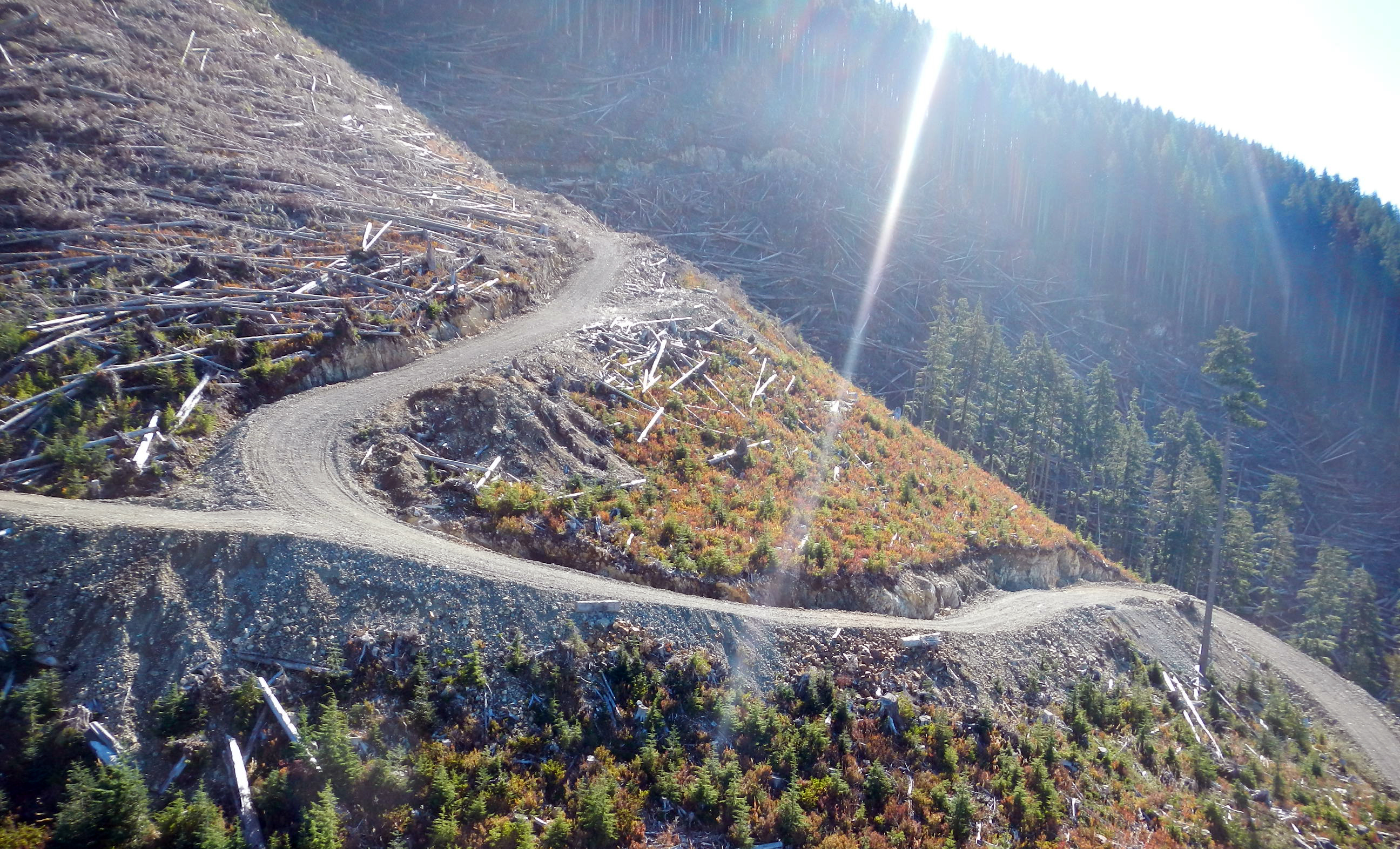 In late March of this year, the Board received responses from both the Ministry of Forests, Lands, Natural Resource Operations and Rural Development (FLNRO) and the Joint Practices Board regarding the recommendations made in the Resource Road Construction in Steep Terrain report.
In late March of this year, the Board received responses from both the Ministry of Forests, Lands, Natural Resource Operations and Rural Development (FLNRO) and the Joint Practices Board regarding the recommendations made in the Resource Road Construction in Steep Terrain report.
The Board requested that the Joint Practices Board (JPB) of the Association of BC Forest Professionals and Engineers and Geoscientists British Columbia advise it of the steps, planned or taken, to address the professional practice issues identified in the report. In its response, the JPB committed to a review of its guidelines and possibilities for other forms of communicating them. The JPB also committed to providing a response to each of the professional issues identified by the Board and to support government staff in their work regarding the recommendations. The Board considers this an interim measure in response to its recommendation, and expects a more complete reply by
October 31,2018.
In response to the recommendations directed to government, FLNRO outlined a variety of actions taken, primarily citing collaboration with the professions on improving professional practice. The Board considers the government’s response satisfactory and the recommendation responded to.
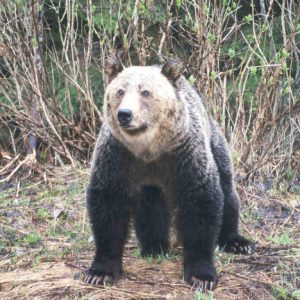
The Board’s report on grizzly bear management and road densities in the Kettle Granby area was another popular report in the past year, especially in terms of news coverage. The Board found that, despite the well-known issues surrounding road densities and grizzly bear habitat, measures for dealing with the issue were left to be voluntary for licensees, and very low rates of implementation followed. The Board made a series of recommendations to government, encouraging development of objectives and strategies and asking government to reconsider some of the elements that may require regulatory action. The Board also recommended better monitoring of the situation in order to be able to assess effectiveness as part of a continuous improvement philosophy.
On January 31, 2018, government provided its response to each of the Board’s recommendations. The Board was pleased with the actions which government committed to taking on the issue, including:
The Board will keep abreast of government’s progress on this file.
The Board is also following up on the implementation of recommendations from our report on FSPs.
In 2015 the Board published its report on FSPs, including four recommendations to government and the ABCFP to help improve the quality of these plans. The Board was concerned because many plans were approaching expiration, creating an opportunity for them to be replaced with new and improved plans, rather than extended. In response, government and the ABCFP conducted FSP training workshops and government provided direction to licensees on replacement of expiring FSPs over the next few years.
FLNRO reports that, since March 2016, approximately 135 FSPs across the province have expired and just over half were replaced with new FSPs. District managers have granted close to 100 FSP extensions, and half of the plans have been extended more than once.
Because of these extensions, the peak of FSP expiries has been delayed from 2017 to 2018.
Board staff are following up on how the recommendations in the 2015 Board report are being implemented.
There are four aspects that are being reviewed:
The findings of this review will tell us if further Board attention on this topic is required.
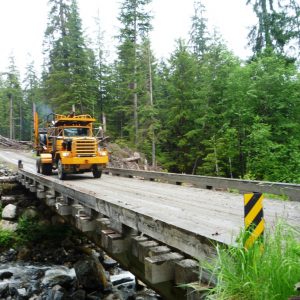 We continue to find licensees that are unaware of their obligation to carry out fire hazard assessments following logging, even if they are piling and burning their slash as a routine practice. The Board has issued a bulletin on this topic in 2016 to remind licensees of the legal requirement to do this assessment, but there has been limited improvement. In the last 2 years, 8 of 19 audits found this requirement was not met (42%).
We continue to find licensees that are unaware of their obligation to carry out fire hazard assessments following logging, even if they are piling and burning their slash as a routine practice. The Board has issued a bulletin on this topic in 2016 to remind licensees of the legal requirement to do this assessment, but there has been limited improvement. In the last 2 years, 8 of 19 audits found this requirement was not met (42%).
The other significant issue arising in recent audits is non-compliance with bridge construction and maintenance practices. In the span of one week in spring 2018, the Board published two compliance audit reports with a failing grade on bridge practices – this is unprecedented in 22 years of auditing forest practices. Since 2015, 7 of 27 Board audits have found problems with bridge practices – 8 non-compliances and 2 cases where the activities technically complied with the law, but were considered unsound.
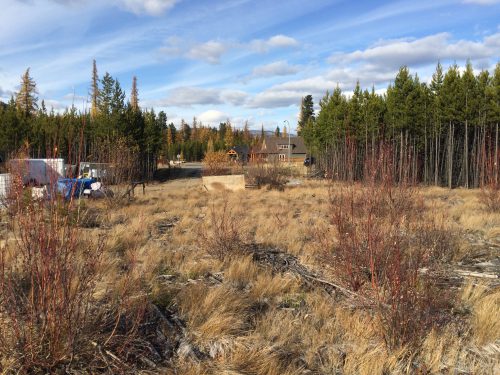 Did you know that substantial liability can result from causing or contributing to a wildfire? Activities such as burning brush or garbage on your private land, combined with a mere shift in wind speed, if not properly prepared for, can result in a significant liability. Those without liability insurance can face very substantial losses. The Board continues to see cases in its review and appeal program, where citizens are issued significant penalties for causing or contributing to a wildfire because a small fire on their private property escaped. It doesn’t matter if it was accidental – you can still be held liable for the full costs of fighting the wildfire, which can amount to millions of dollars.
Did you know that substantial liability can result from causing or contributing to a wildfire? Activities such as burning brush or garbage on your private land, combined with a mere shift in wind speed, if not properly prepared for, can result in a significant liability. Those without liability insurance can face very substantial losses. The Board continues to see cases in its review and appeal program, where citizens are issued significant penalties for causing or contributing to a wildfire because a small fire on their private property escaped. It doesn’t matter if it was accidental – you can still be held liable for the full costs of fighting the wildfire, which can amount to millions of dollars.
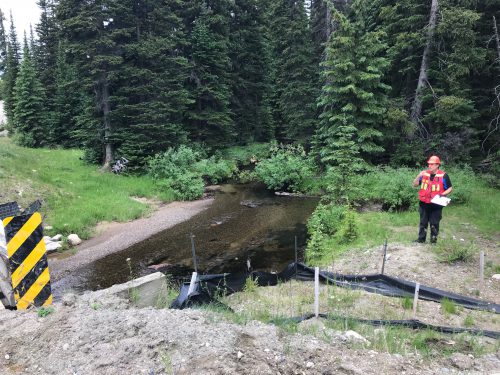
The Board is currently working on a two-part investigation of conservation of fish habitat in British Columbia and “Part 2” is now underway. Board staff are looking at forest licensee planning and practices to conserve fish habitats in five case study watersheds located throughout BC.
Part 1 of this project, published in July 2018, describes the current legislative framework for managing fish habitat, particularly under the Forest and Range Practices Act, and identifies gaps and potential weaknesses. That report is based on reviewing legislation and policy and interviewing fisheries scientists and managers in government and industry.
This second part of the project is field-based and is looking at actual practices on the ground to see how fish habitat is being protected and whether the issues identified in Part 1 are materializing. Staff are studying the Memekay Watershed on Vancouver Island, Ainslie watershed north of Boston Bar, Pennask watershed west of Kelowna, Owen watershed in Nadina, and the Woodjam sub-basin of the Horsefly watershed in the Cariboo. Case study watersheds were selected to represent a variety of watershed characteristics and management scenarios.
The field work will wrap up by the end of the summer and we plan to report the results of this work by
mid-2019.
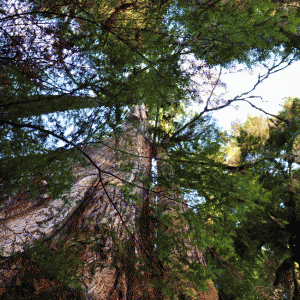
At the time of our last Newsletter, the Terms of Reference for a new Special Investigation into the reforestation choices in the interior Douglas-fir biogeoclimatic zone (IDF) were in the works – this project is now underway.
Board staff are looking at whether an appropriate mix of tree species is being maintained and the implications for both timber and non-timber values if it is not. Investigators will examine pre- and post-harvest tree species composition, compliance with FRPA requirements for reforestation and will assess the effectiveness of reforestation choices in achieving long-term objectives for timber and non-timber values and resilience to forest health issues.
Investigators are looking at reforestation activities in forest licences, tree farm licences, woodlots, First Nations woodland licences, and community forests within the Cariboo-Chilcotin, Cascades and Okanagan-Shuswap Natural Resource Districts. Case study areas were selected to represent a range of licence types, resource interests and the ecological diversity found within the IDF. The fieldwork will wrap up by the end of September and we plan to report the results of this work by mid-2019.
The Terms of Reference can be found on the Forest Practices Board website under “What We’re Working On ”.
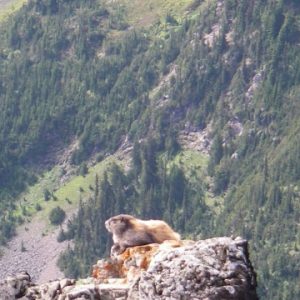
The Board has initiated work on a report examining how well wildlife management is working under FRPA, based on a case study of goshawk management on the BC coast (focused on legislated requirements) and in the interior (focused on licensee voluntary actions). The Board hopes this investigation will provide useful information to government as it works on new species at risk legislation, as well as providing the public with information on management of wildlife specifically identified in FRPA.
The detailed Terms of Reference for this project can also be found on the Forest Practices Board website under “What We’re Working On”.
Over the last few months, we welcomed some fresh faces at the Forest Practices Board, as some of our most experienced staff and Board members have moved on or retired.
The Board is very pleased to welcome three new members, appointed in early May.

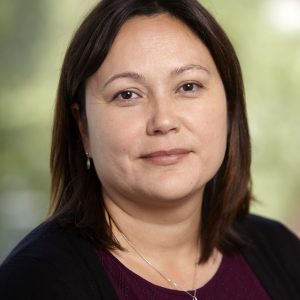

Bruce Larson, vice-chair, is a professor and FRBC Chair of Silviculture in the UBC Faculty of Forestry. His expertise in silviculture and his insight on future forests and foresters will be much appreciated.
Tara Marsden has been involved in resource governance and management issues across northern BC. A member of the Gitanyow First Nation, Tara brings an indigenous perspective along with her natural resource knowledge to the issues the Board examines.
Finally, the Board welcomes Rick Monchak, recently retired after 41 years with Timberwest. Rick brings a wealth of experience with field operations and coastal forestry issues to the Board.
All three members complement the current experience on the Board and together they ensure the many diverse points of view across the public spectrum are considered in Board deliberations.
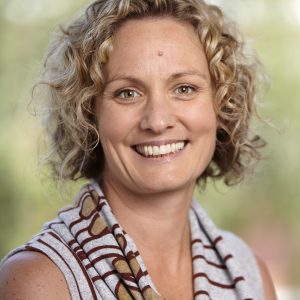 The Board would also like to welcome Tracy Andrews, RPF, to our investigation team. Tracy joins us from FLNRO’s South Island Natural Resource District where she worked on the first FSPs for the district.
The Board would also like to welcome Tracy Andrews, RPF, to our investigation team. Tracy joins us from FLNRO’s South Island Natural Resource District where she worked on the first FSPs for the district.
Tracy also worked at Resource Tenures Branch, and was the Senior Licensed Authorizations Officer at the South Island Natural Resource District, responsible for oversight of the tenure administration, resource stewardship and First Nations relations business areas.
Tracy brings a great deal of forestry expertise and a valuable operational perspective from her experience at FLNRO.

The Board would like to thank Rob Thomson for his work over the years at the Forest Practices Board. Rob’s dedication, teamwork, and knowledge will be greatly missed.
Rob started at the Board in July 1997, and had worked in Complaint Investigations ever since. Rob has a passion for biology and biodiversity and greatly enjoyed being able to work in the field, as well as influencing policy and practices, through his career at the Board. We wish him the best!
